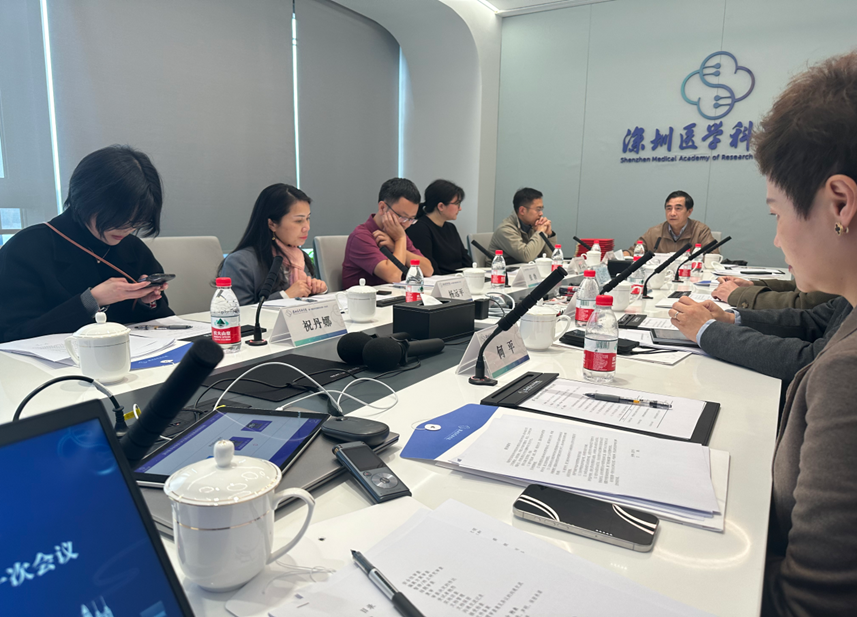The Medical Ethics Committee, officially referred to as the "Human Medical Ethics Committee," is a self-governing entity tasked with assessing if medical research and practices that include human subjects adhere to ethical guidelines. The main objective of ethical review is to guarantee that all medical practices and studies honor and safeguard the valid rights of research participants.
For example, before a new drug trial or a novel surgical method can be implemented clinically or tested on participants, it must undergo review by the Medical Ethics Committee. In the same way, obtaining biological samples from patients or collecting patient case data for medical studies also necessitates ethical approval.
The ethical review conducted by the Committee follows three fundamental principles: respect, beneficence, and justice. "Respect" involves recognizing human dignity and maintaining the rights of participants to autonomy, informed consent, confidentiality, and privacy. "Beneficence" guarantees that research goals do not jeopardize the health, well-being, or safety of participants. "Justice" demands that the advantages and disadvantages of research are equitably shared among all societal groups and classes.
As mandated by regulations, research institutions hold primary responsibility for managing ethical review processes, necessitating the establishment of ethics committees. At the close of January this year, SMART conducted its first meeting of the initial Medical Ethics Committee, signifying the committee's official commencement.
The existing committee consists of eleven members, featuring specialists from areas including life sciences, medicine, public health, pharmacy, law, sociology, and ethics, as well as representatives from the local community. The committee consists of seven males and four females, with Dr. Ping Xiao of Peking University Clinical Research Institute (Shenzhen) acting as the Chair. Dr. Xiao possesses more than twenty years of experience in clinical practice and general surgery.
This first meeting was led by Dr. Ping Xiao, while the opening remarks were given by Dr. Huan Tu, Vice President of SMART. Present at the meeting were Dr. Haihong Zhang, who is the Director of the Human Research Protection Office at Peking University Health Science Center, and Dr. Lun Li, the Dean of the Faculty of Humanities and Social Sciences at Dalian University of Technology.
Dr. Huan Tu started by highlighting the key advancements of SMART, stressing the pressing necessity to establish Shenzhen as a biomedical powerhouse and China’s Greater Bay Area as a frontrunner in the biomedicine field. She underscored the importance of establishing a forward-looking, international, and professional regulatory system to support SMART's rapid growth, and the formation of the Medical Ethics Committee is a key step in ensuring rigorous and compliant research practices.

Dr. Ping Xiao subsequently expanded on the core of medical ethics and its vital importance in research. He gave an update on the committee's advancements, navigating members through conversations regarding the committee's charter, ethical review protocols, and the creation of uniform review practices. This initial meeting established the basis for the committee's efficient and effective functioning.
The committee members further examined and discussed the roster of advisory committee members, endorsed confidentiality agreements and commitments, and obtained their official appointments prior to posing for a group photo.